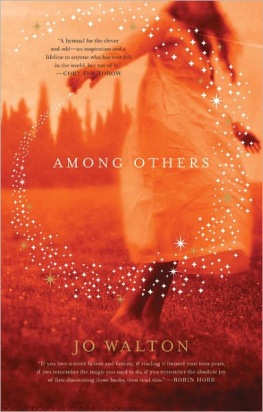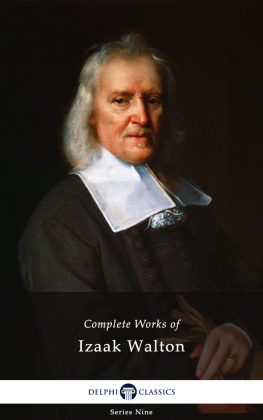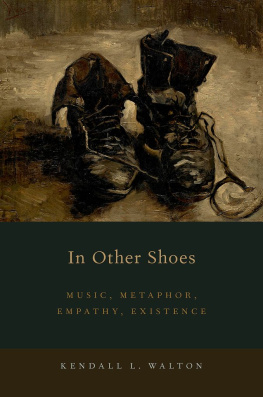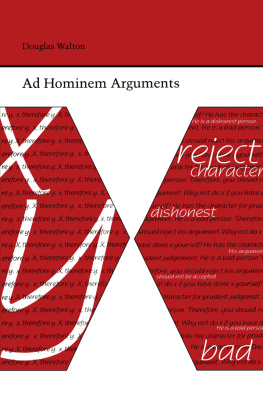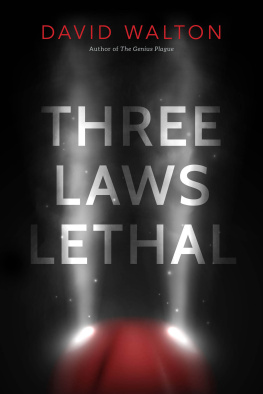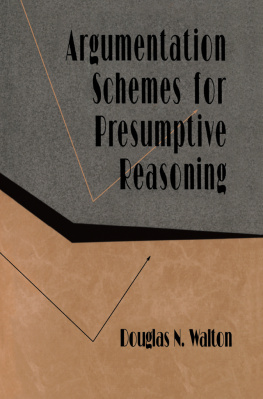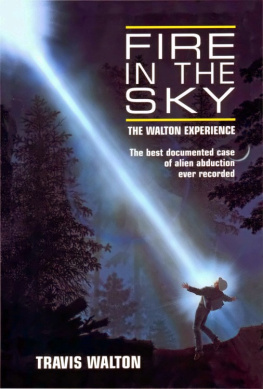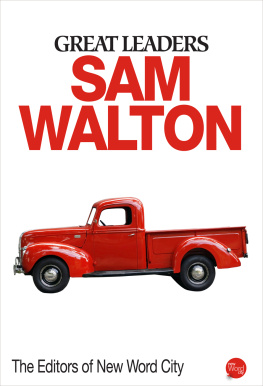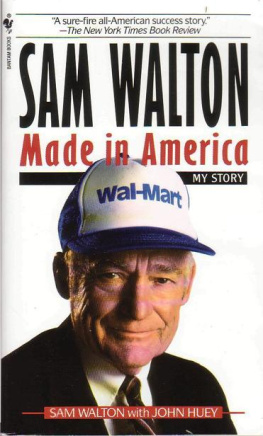Jo Walton - An Informal History of the Hugos
Here you can read online Jo Walton - An Informal History of the Hugos full text of the book (entire story) in english for free. Download pdf and epub, get meaning, cover and reviews about this ebook. year: 2018, publisher: Tom Doherty Associates, genre: Art. Description of the work, (preface) as well as reviews are available. Best literature library LitArk.com created for fans of good reading and offers a wide selection of genres:
Romance novel
Science fiction
Adventure
Detective
Science
History
Home and family
Prose
Art
Politics
Computer
Non-fiction
Religion
Business
Children
Humor
Choose a favorite category and find really read worthwhile books. Enjoy immersion in the world of imagination, feel the emotions of the characters or learn something new for yourself, make an fascinating discovery.

An Informal History of the Hugos: summary, description and annotation
We offer to read an annotation, description, summary or preface (depends on what the author of the book "An Informal History of the Hugos" wrote himself). If you haven't found the necessary information about the book — write in the comments, we will try to find it.
Jo Walton: author's other books
Who wrote An Informal History of the Hugos? Find out the surname, the name of the author of the book and a list of all author's works by series.
An Informal History of the Hugos — read online for free the complete book (whole text) full work
Below is the text of the book, divided by pages. System saving the place of the last page read, allows you to conveniently read the book "An Informal History of the Hugos" online for free, without having to search again every time where you left off. Put a bookmark, and you can go to the page where you finished reading at any time.
Font size:
Interval:
Bookmark:
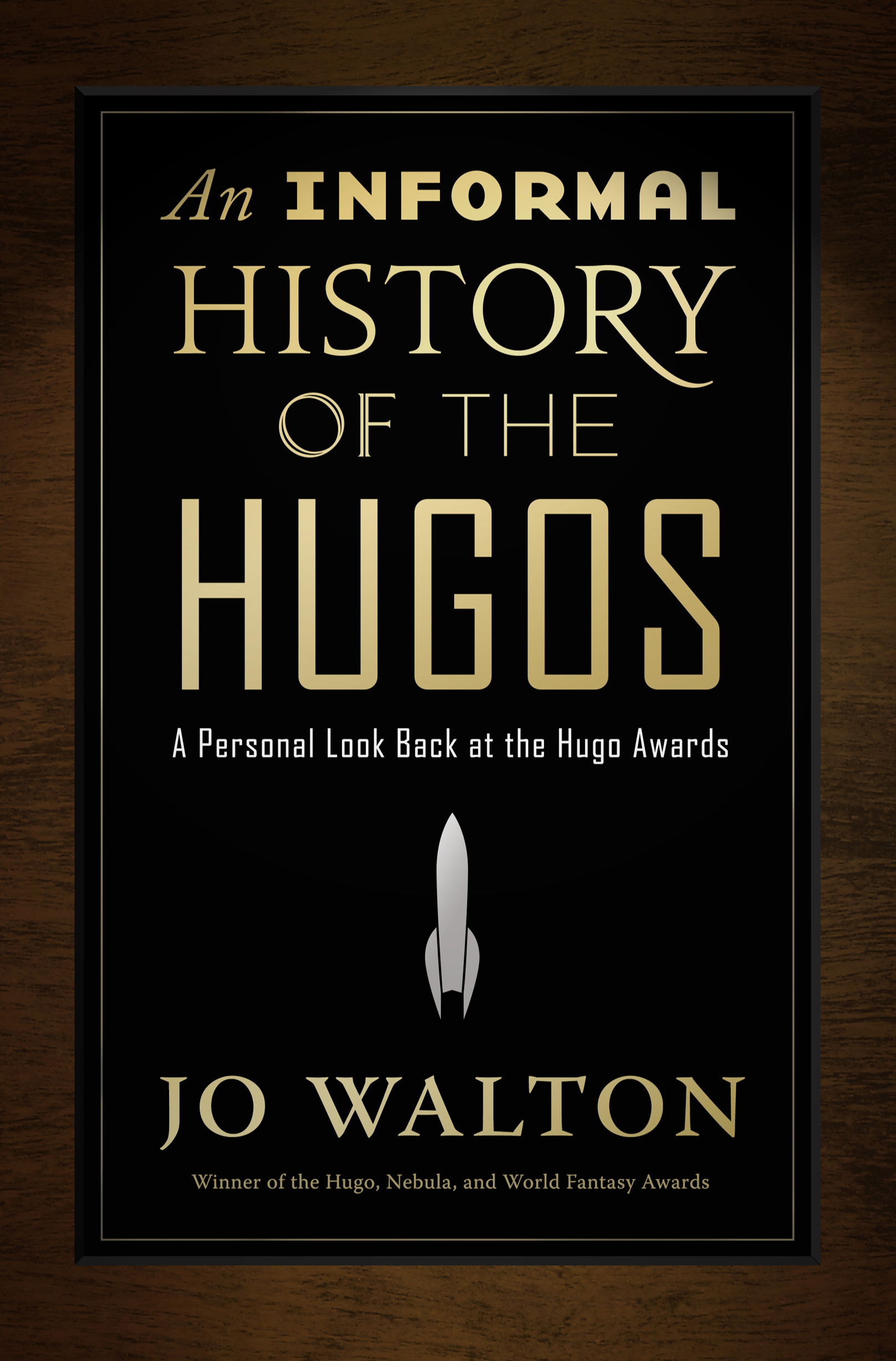

The author and publisher have provided this e-book to you without Digital Rights Management software (DRM) applied so that you can enjoy reading it on your personal devices. This e-book is for your personal use only. You may not print or post this e-book, or make this e-book publicly available in any way. You may not copy, reproduce, or upload this e-book, other than to read it on one of your personal devices.
Copyright infringement is against the law. If you believe the copy of this e-book you are reading infringes on the authors copyright, please notify the publisher at: us.macmillanusa.com/piracy.
This book is for Gardner Dozois and Rich Horton, who awaited each original post with such enthusiasm, and whose well-informed comments make this their book almost as much as mine. And it is for Kevin Standlee, in recognition of his tireless and mostly thankless work for the Hugos and WSFS over many years.
In 2010, for the third time in history, there was a tie for the Best Novel Hugo Award. China Mivilles The City & the City and Paolo Bacigalupis The Windup Girl had both won. Naturally, this caused discussion of the two other times there had been a tie. Mike Glyer posted on the File 770 website, saying that everyone agreed that Frank Herberts Dune was a better book than Roger Zelaznys This Immortal, and Connie Williss Doomsday Book was better than Vernor Vinges A Fire upon the Deep. He said this with casual assurance, as if nobody could disagreebut I disagreed strongly, in both cases. After I was done defending Zelazny and Vinge, I started thinking about the Hugos.
Theyre science fictions most important awardand theyre entirely fan voted and fan administered. I care about them passionately, not just as a writer but also as a fan. I have voted for them every time Ive gone to a Worldcon and therefore been entitled to vote. Theres no financial prize, but Ive been told that its the only genre award that actually affects sales of a book. The winner gets a distinctive rocket ship trophy, instantly recognizable although the inscribed bases are different every year.
I dont think the best novel always wins. I think its very hard to say what the best book of the year is. Most years, theres no single obvious best. Its much easier to say what the top five are. I thought it might be interesting to take a historical look at the individual years and consider what was nominated and what won, to look at what else could have been nominated and wasnt, and how well the selected books have stood the test of time. I wanted to look at the nominees to see whether the Hugos were picking the best five books, not only at the winners. Its easy to find consideration of Hugo winners. I wanted to do something differentto revisit the winners and nominees in context.
At first I thought I couldnt do it. I wasnt qualified. I hadnt read all the nomineesI hadnt even read all the winners. (What have I been doing with my time?) The Hugo Awards were first given in 1953, and have been given continuously since 1955. If I stopped in 2000, the logical stopping point, that would be more than 250 books. Id read a lot of them, of course, but I hadnt read all of them. If I hadnt read them, it was probably because I didnt want to. Reading hundreds of books I didnt want to read seemed like a lot of work and not much fun. Then I realized that the fact Id not read a book was a data point. It was itself interesting. Some of it is my own taste, but some of it does depend on whether people were talking about a book. I read a lot, and I spend a lot of time talking about books. There are years where Ive read all the nominees. So I decided I wouldnt read anything extra for this project. If you want to read about somebody reading all the Hugo winners, or all the winners and nominees, you need to find a different book. (It wouldnt be all that hard to find. Google offers a number of blogs where people are reading their way through Hugo winners.)
I also wanted to consider the five nominees in the context of all the other eligible books of the year, which meant looking at nominees for other awards, and also what else was available. I havent read all these things either, but I used my general knowledge of the history of SF to look at each years nominees in context.
I began a series of posts for Tor.com called Revisiting the Hugos. This was my own idiosyncratic reconsideration of all of the field, from 1953 until 2000, looking at all the Hugo nominees, at what they were, at how well they have lasted, and how well they represented the field in their year. I did this entirely from my personal knowledge and prior reading. I leaned heavily on the Locus database of awards, the Internet Speculative Fiction Database, the Fantastic Fiction UK website, and to a lesser extent on Wikipedia.
I only looked seriously at novels, though I listed all the winners in all the categories. I talked about the short fiction sometimes. I mentioned when new categories were introduced. I mentioned fanzines and fan writers from time to time. I looked at the Campbell nominees. I am a reader. Im really not qualified to say anything about the visual categories. (In 1958, No Award won for Dramatic Presentation, and I cheered when I saw that. I think this excellent precedent could have been followed much more often since.) I made no attempt to be impersonal or objectiveindeed, the opposite, this was very much my personal assessment of how the Hugos were doing.
As the series went on, it became very popular. Many people started commenting on it. Gardner Dozois, Rich Horton, and James Nicoll started considering the other available short fiction in the comment threads. People started to post reminiscences of their reading and the Worldcons where the awards were given. The comment threads became a fannish event, happening every Sunday morning. People argued with me about books. It became clear that I wasnt the only one who cared about the Hugos and how well they represented the field.
What you have here is a compilation of those posts and a selection of the most interesting comments, all from 2010 and 2011, together with my posts on individual Hugo winners and nominees, all arranged chronologically, and revised slightly to avoid repetition. Updates are provided in footnotes.
The Hugo Awards are awarded annually by the World Science Fiction Society, which is to say the members of each annual World Science Fiction Convention (Worldcon). As the rules stand now, the members of the previous, current, and next Worldcons can nominate, but only members of the current Worldcon can vote. This has been slightly different at various times in the past, but the award has always been voted on by Worldcon members. In very early years, no nominees were announced and votes were made by show of hands actually at the Worldcon. This was replaced with a sensible system of transferable votes, which count preferences. Fandom has tried to keep this system as clear and open as possible, and thanks are especially due to Kevin Standlee for his efforts in this direction.
Since the Hugos have had nominees, from 1959, the nominations have been made up into short lists of the five top selections in each category, which are then voted on, in advance and by transferable votes. The winners are announced at a ceremony at the con. The long lists of all nominations with more than a certain number of votes have often been released at the same time, at least in recent years, but unfortunately not in most of the years I was looking at.
Font size:
Interval:
Bookmark:
Similar books «An Informal History of the Hugos»
Look at similar books to An Informal History of the Hugos. We have selected literature similar in name and meaning in the hope of providing readers with more options to find new, interesting, not yet read works.
Discussion, reviews of the book An Informal History of the Hugos and just readers' own opinions. Leave your comments, write what you think about the work, its meaning or the main characters. Specify what exactly you liked and what you didn't like, and why you think so.

